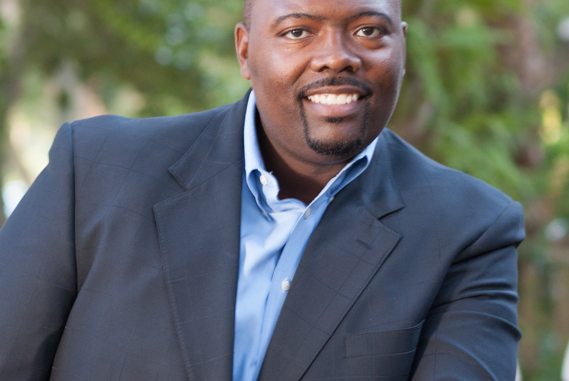

Singer, writer and TV producer John Legend is known for his creativity and hit songs. But over the past few years, the artist has developed a reputation for his activism surrounding topics like criminal justice reform.
“Mass incarceration is a policy that’s kind of built up over the last four decades and it’s destroyed families and communities, and something we need to change,” said Legend.
Mass incarceration leads to continued cycles of poverty in families and low-income communities. According to the latest study by the Bureau of Justice, three of every four released prisoners were re-arrested within the five-year life of the study. This means that 89 percent of ex-felons re-arrested were unemployed. It’s no secret that it is simply hard for “returning citizens” to find living wage jobs.
According to research done by the Prison Policy Initiative, the unemployment rate among formerly incarcerated people hovers over 27%. That’s higher than the overall American unemployment rate has ever been, even during the Great Depression when it rose to 25%.
The study clearly suggests that the lack of employment opportunities is perhaps a key issue leading to felons committing crimes again. And not to say that all people without jobs commit crimes, but without employment or a positive outlook “desperate people do desperate things.”
Mass incarceration is not just wrong, but it’s costly. Over the past two decades, the costs of incarceration have skyrocketed more than 305 percent. States now spend more than $52 billion out of their budgets (second only to Medicaid), for incarceration.
Criminal justice reform is the central issue, but helping ex-offenders find jobs is just as critical. Organizations like Operation New Hope (ONH) in Jacksonville, FL and Goodwill Industries specialize in finding jobs for ex-felons. But the folks at ONH will tell you that in order to convince employers to hire returning citizens, they must be able to make the case that it is a good productive business practice.
Evidence suggests that smooth re-entry, including employment, is one of the best ways to avoid recidivism in one study, prisoners who were given enhanced job-readiness training showed significantly less likelihood of re-arrest than those who did not.
The challenge is convincing employers that hiring ex-offenders will maximize your bottom line and create the kind of company culture that matches their values. Hiring ex-offenders can help you achieve both aims. The business benefits for hiring returning citizens are vast.
First and foremost, it creates corporate good. By hiring an ex-offender, you have the chance to make a difference in someone’s life and help them overcome the systemic obstacles that make it hard for them to rebuild their lives. By hiring a returning citizen, you’re putting otherwise idle hands to work, which could keep new crimes from happening and make for safer, more functional communities.
And since ex-convicts are so badly in need of employment opportunities (and grateful to get them), they often make diligent workers once they’re hired. Returning citizens have a lot to give – they have a host of skills, talents and aptitudes that can benefit your business.
Companies get a tax breaks: thanks to the Work Opportunity Tax Credit, or WOTC, there’s a monetary incentive for taking a chance on an applicant who’s been to prison. The WOTC rewards employers who hire candidates from a variety of target groups that struggle to find employment, including ex-felons. If the employee works at least 120 hours, you can claim a tax credit of up to 25% of their first year’s wages; if they work over 400, you can claim up to 40%. For some companies these tax credits can be very lucrative.
And for many corporations that may still be worried, you can give ex-felons a trial run. It makes sense that employers may be worried about an ex-offender’s future behavior. After all, they went to jail for a reason — at least in theory. But nonprofits like ONH ask employers to simply hire their program participants on a trial basis and test the product. Most who get hired become permanent employees.
The bottom line is that “second chances matter,” and returning citizens can add value to any organization. For those judgmental folks who do no wrong – People make mistakes and poor decisions in life and sometimes deserve second chances.

Be the first to comment